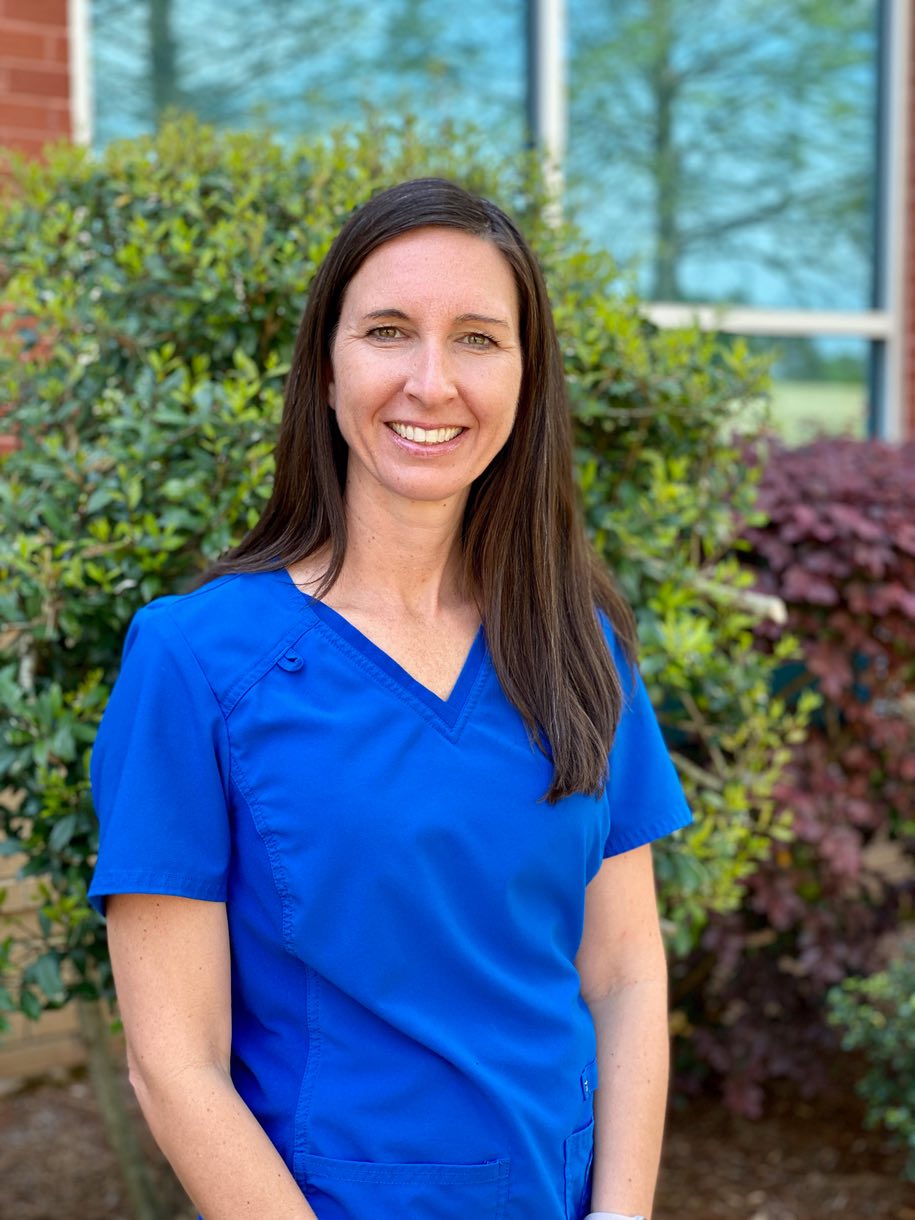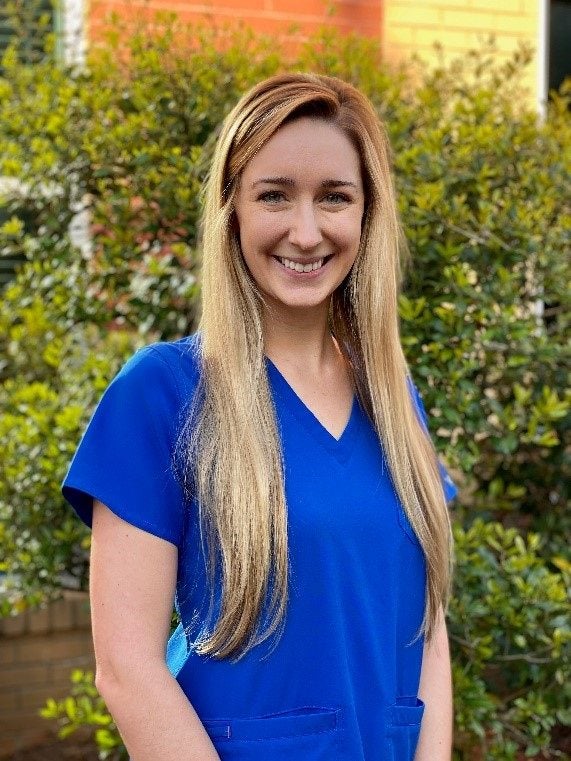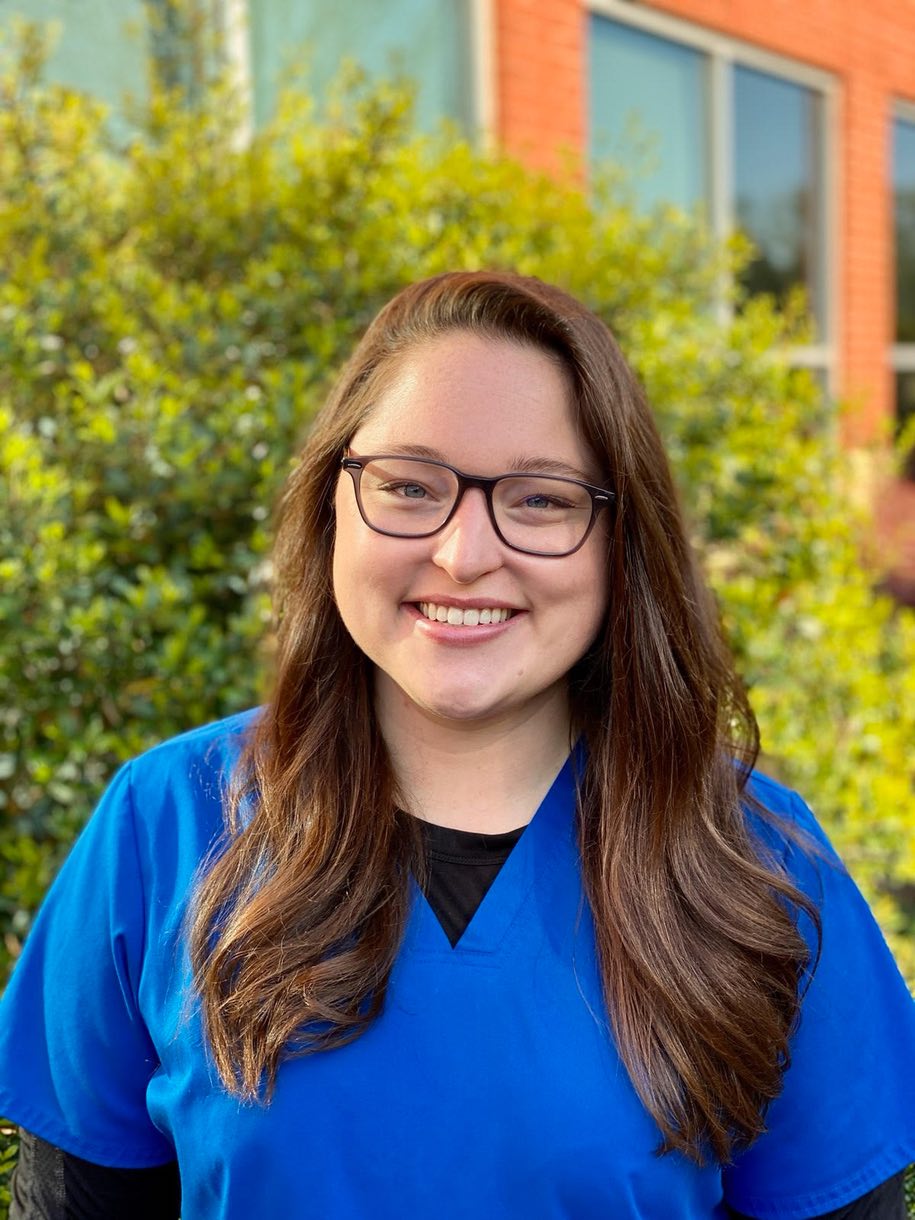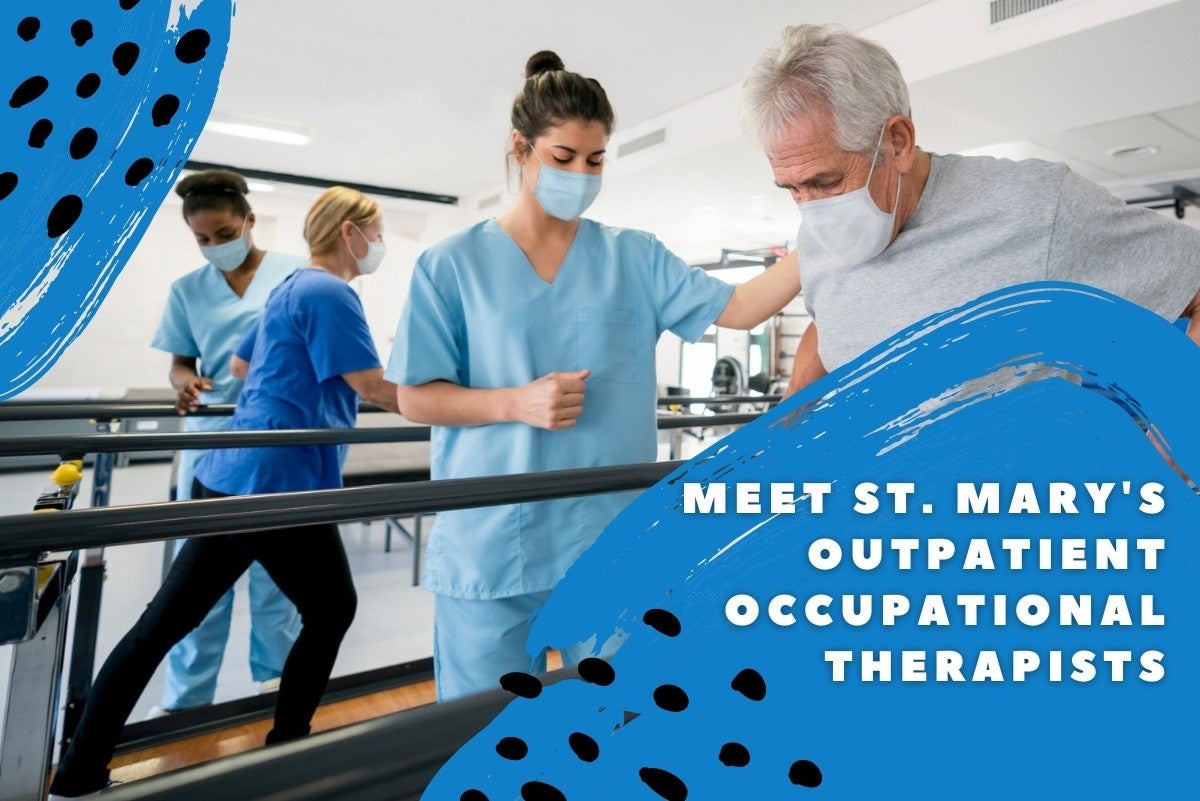When injury, illness or developmental delays interfere with a person’s ability to function, occupational therapists are ready and able to help.
For those who are unfamiliar with the rehabilitation (rehab for short) team, it’s made up of three disciplines: occupational therapy, speech therapy, and physical therapy. Occupational therapy helps people learn or regain skills used in daily activities like grasping, feeding, reaching, self-care, strength, and functional mobility. Essentially, OTs help people do the activities that are most important to them!
Occupational therapy has been described as the delicious cream filling that holds the metaphorical rehab cookie all together. With some shared responsibilities with physical therapists, some shared responsibilities with speech-language pathologists, and many unique skills all their own, occupational therapists are truly valuable members of a health care team.
OTs can assist with all patient populations, from newborns to people in their 90s, and they work with diagnoses including stroke, Parkinson’s, cerebral palsy, autism spectrum disorders, prematurity, developmental delay, lymphedema, disorders of the hands, and many more. Celebrate OT Month with us by getting to know the occupational therapists who provide care at our Outpatient Rehabilitation Center on Daniells Bridge Road: Kristen, Lauren, Kassidy, and Abby!
Kristen

School: I graduated from The Medical College of Georgia in 2003.
Patient Population: I work with all populations (adults/pediatrics).
Why did you choose to be an OT? I was initially drawn to OT after helping my grandmother with her therapy. She had a stroke when I was 8 years old and I spent many weekends assisting her with her care. As I got older, I continued to see the value in OT as it addresses all parts of life and all aspects of care – physically, mentally, and spiritually/socially. I have always wanted to be in a career that allowed me to create a positive impact on others.
I have been an OT for 17 years and have worked with all populations. My initial love and interest was in serving adults and children with neurological conditions. However, I have loved learning and working with all populations as it allows me to be more versatile and to think outside the box when treating patients. I currently work with adults and pediatrics serving our neuro, orthopedic, general, lymphedema, developmental delay, and sensory processing populations.
Clinical interests: I have my modality certification. I went through the Neuro-Developmental Treatment (NDT) training/certification program, Handwriting without Tears Program, and Lymphedema specialized training.
What keeps you motivated as an OT? I have so many great memories and stories I could share as so many patients have made lasting impressions. One is helping a high school senior who underwent hand surgery due to having cerebral palsy. I got to work on his hand post-surgery, but our goals went deeper than just orthopedic goals. He was going off to college and needed to be independent for the first time. After completion of OT he could tie his shoes, hold a tray of food, button his shirt, open a can of food, and many other skills. Other stories involve helping stroke patients be able to hug their grandchildren; a child learning to overcome their visual deficits, gross motor deficits, and anxiety with learning to ride a horse; or a child learning to write his name and dribble a ball for the first time.
What is your favorite part about being an OT? My favorite part of being an OT is building relationships with our patients and seeing their weaknesses turn into strengths. I also love that every day is a different day filled with being creative and having fun!
Kassidy
Not pictured as she is currently on maternity leave, loving on her first child!
School: I graduated from Brenau University in Gainesville, Georgia, in 2017 with a Master of Science degree in Occupational Therapy.
Patient Population: Adults in acute care and outpatient settings.
Clinical interest: My clinical interests continue to be quite vast, as I enjoy learning about and providing skilled treatment for a variety of conditions and diagnoses, including orthopedic upper extremity conditions, neurological conditions, and other debilitating conditions that impede independent participation in everyday life tasks.
In 2019, I gained certification in the treatment and management of lymphedema involving both the upper and lower extremities. As a certified lymphedema therapist (CLT), I find great interest in facilitating a reduction in edema (or swelling) that has developed in one or more extremities, which thereby promotes increased ease of movement in the extremity itself and promotes increased participation in daily life tasks and improved overall quality of life.
Why did you choose OT? The field of Occupational Therapy is classified as a “helping profession.” I chose to pursue this field of practice for several reasons, but namely because I find satisfaction and personal fulfillment when I am serving others or helping others to find satisfaction and fulfillment in their own lives.
Following the sudden development of an acute condition or the gradual development of a chronic condition, it can be difficult to continue to participate in life as one has previously done. As an occupational therapist, I can help facilitate treatment of certain acute conditions and promote independent self-management of certain chronic conditions, such as lymphedema. This then enables individuals to continue to lead independent and meaningful lives, despite the disease/condition.
Abby

School: Augusta University School of Occupational Therapy.
Patient population: Pediatrics in outpatient settings and occasionally adults in acute care.
Why did you choose to be an OT? From a young age, I knew I always wanted to do something that motivates people to recover and live the best life they can live. I started shadowing three OTs in three different settings in high school and knew this was what I had been searching for. I love this profession because every day at work, you are able to help people from all walks of life find a more functional and purposeful way to go about their everyday occupations.
Clinical interests: I’m interested in the pediatric and adult population, hand conditions/injuries, and learning more about splinting/orthotics in the future.
What’s your favorite part about being an OT? I love being a guide/facilitator of patients’ journey to achieve functional goals pertaining to their life occupations! An example of this would be helping a pediatric patient with a hand injury/deformity be able to dress themselves or feed themselves with more independence by using adaptive/compensatory strategies.
Lauren

School: Medical University of South Carolina.
Patient population: Adults in outpatient setting.
Why did you choose to be an OT? I chose OT as a career field because of the variety: every day is as different as each patient who walks through our door!
Clinical interest: I enjoy assisting adults with neurologic conditions, and I hold certifications in Lee Silverman Voice Therapy (LSVT) BIG and PWR! Moves for Parkinson’s disease rehabilitation.
What’s your favorite part about being an OT? I love educating clients on adaptations to make their life better!
St. Mary’s Outpatient Rehabilitation Center at 2470 Daniells Bridge Road provides OT, Physical Therapy, and Speech-Language Pathology services for patients of all ages.

